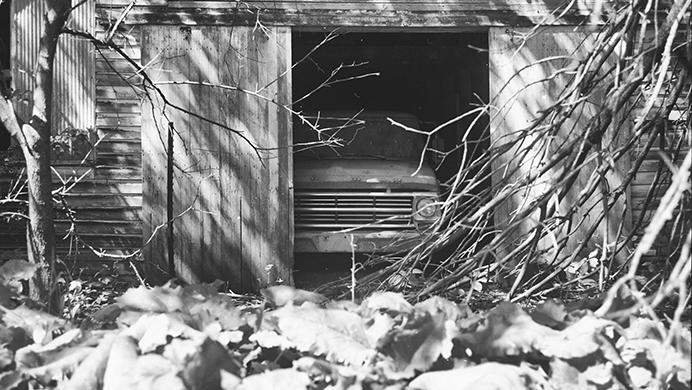More mental health care in rural communities is needed.
By Dot Armstrong
Back home in Minnesota, I’ve been listening to my dad play his guitar. He’s been researching folk music for years now, going through decades of songs about rural life, about hard labor, and sorrow, and adversity. The characters in these songs are often found working their fields, mourning the loss of the season’s yield to unforeseen catastrophe, and wondering what the world will dole out next. After reading an article about the high risk of suicide among farmers in The Daily Iowan last week, I started listening more closely to the lyrics of those time-worn tunes.
The song “The Farmer Is the Man,” written around 1890 and made popular by Pete Seeger, offers some telling verses on the subject. “When the banker says he’s broke, and the merchant’s up in smoke,/They forget that it’s the farmer feeds them all./It would put them to the test if the farmer took a rest/Because the farmer is the man who feeds them all.”
It stands to reason that farmers suffer from mental-health concerns. Farmers must provide, despite environmental conditions beyond their control. That’s a lot of weight on one’s shoulders. Farmers are the canaries in the coal mine, the barometers for troubling environmental situations. They feel, viscerally, the forces of enormous chaos at work that most of us urban folks cannot feel.
RELATED: Farmers more at risk for suicide among workers
Tunes from the 1930s offer proof of the impact of environmental disruption on agricultural workers. Themes of sudden crop devastation and resulting impoverishment abound. As it was during the Dust Bowl, so it is now: Our society faces a climate turned strange. Farmers, isolated in their fields, know not what to do but shuffle off the mortal coil.
And what is to be done for them? An organization called AgriWellness, mentioned in the DI article, apparently provides health resources to rural, underserved populations. AgriWellness promotes what it terms “behavioral health,” giving farmers access to crisis hotlines, support groups, educational retreats, newsletters, and advocacy programs. What sources I could find attested to the relative efficacy of such programs. Across the Midwest, funding from the Federal Office of Rural Health Policy and the Federal Bureau of Primary Health Care went toward mental-health initiatives.
But, as usual, so much more could be done. The programming is patchy at best; not enough people receive the treatment and care they need. In short, the caveats are many and money-related. According to the Farm Foundation, “the requests for mental-health and substance-abuse treatment funds have far exceeded available funding. Those most in need of assistance often lack adequate health-insurance funding to pay for professional assistance.” Yet another reason to support universal health care, or at least keep Obamacare around.
The least we can do in the face of environmental disasters is assist our farmers in bearing the burdens associated with agricultural labor. Though the profession has a long history of tragedy and strife, that’s no reason to dismiss those concerns. In the meantime, someone should update the classic folk-music structure and write the Farmer’s Health-Care Blues.










